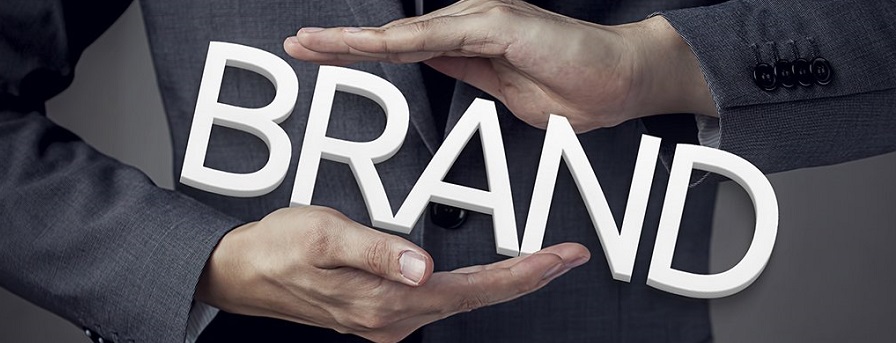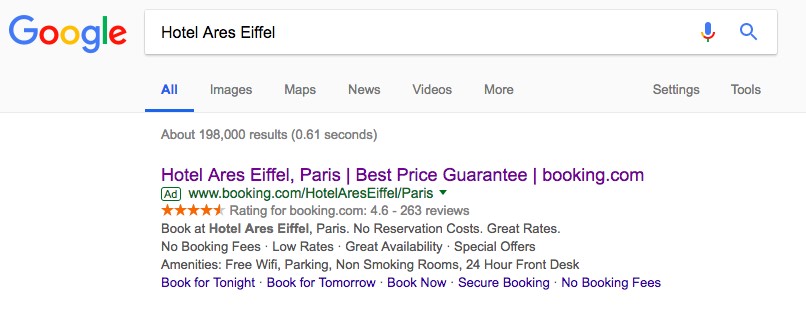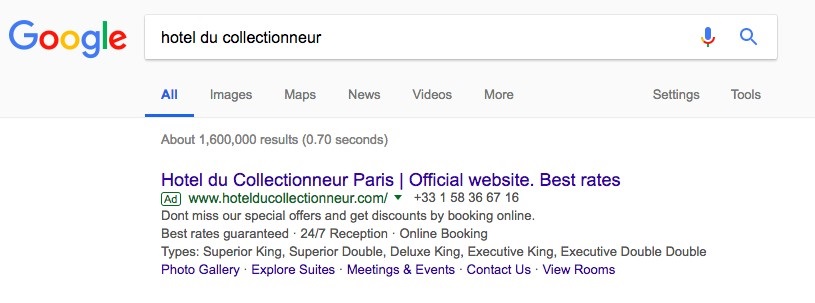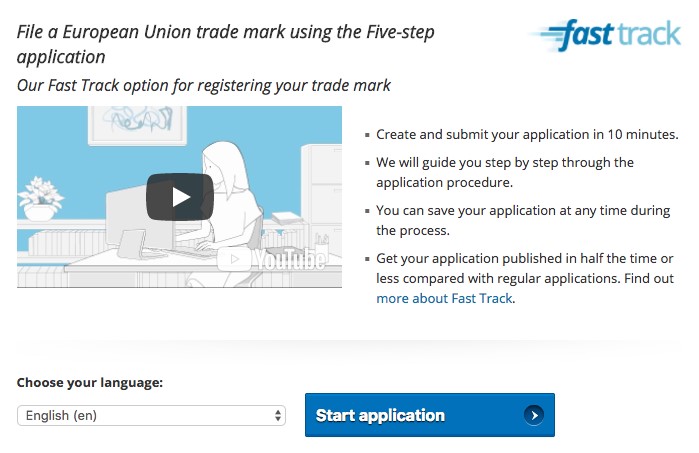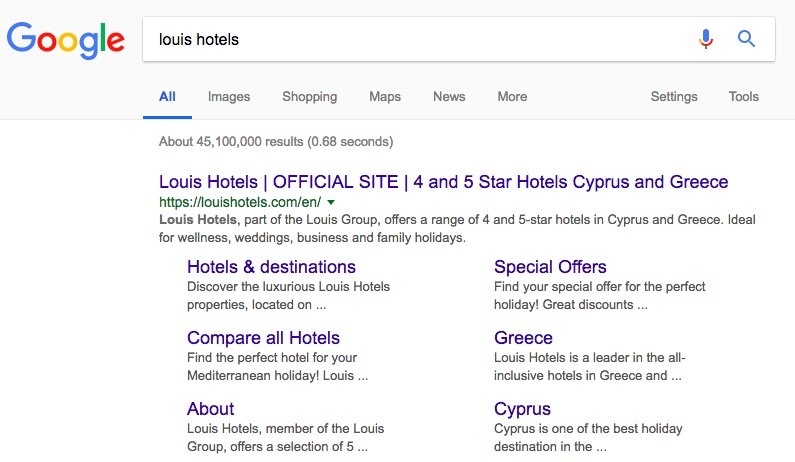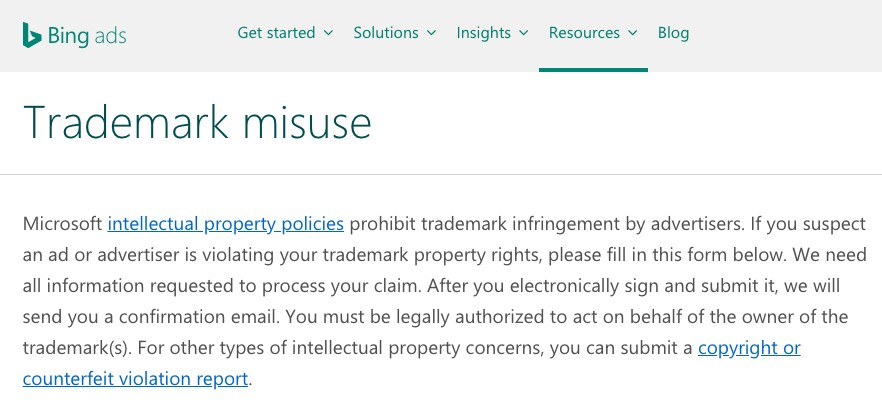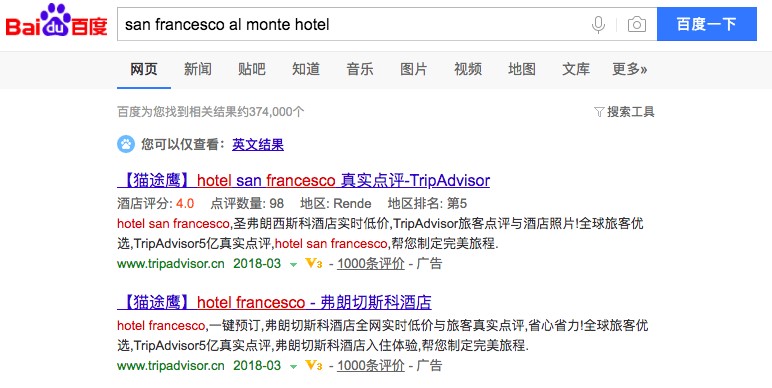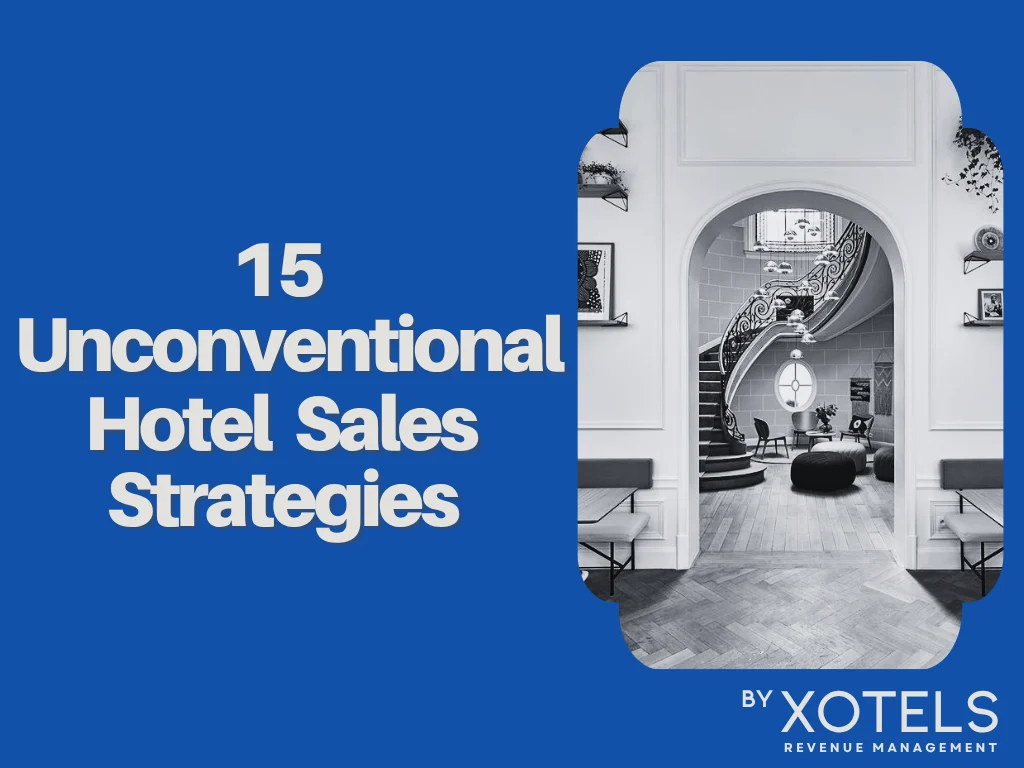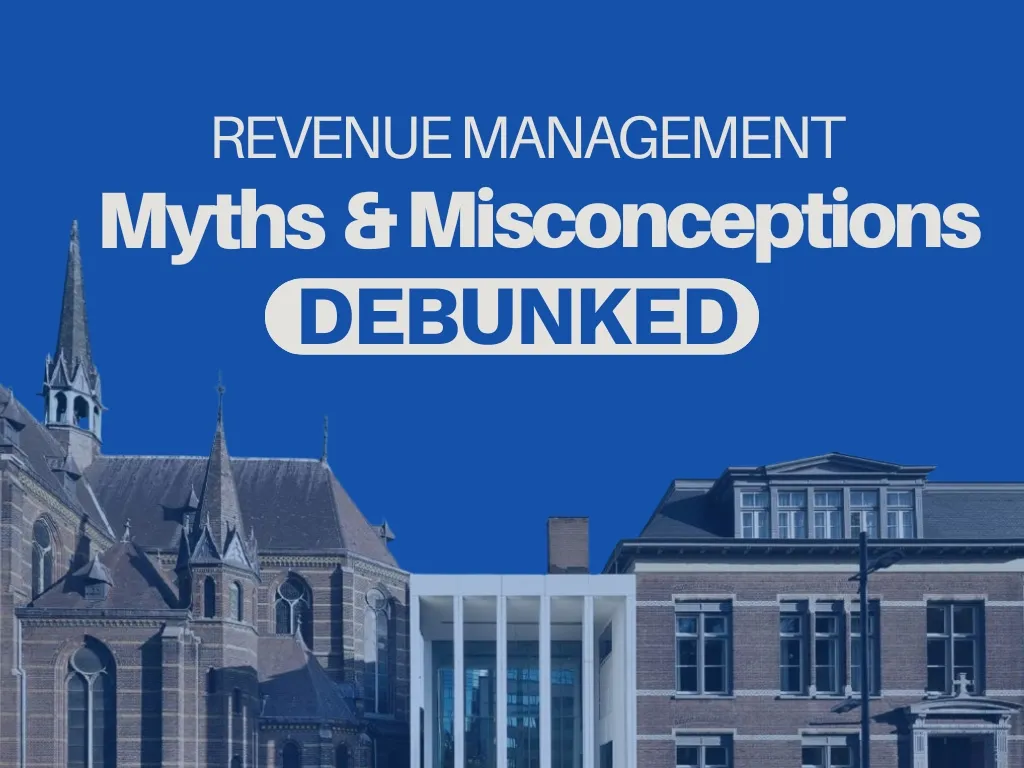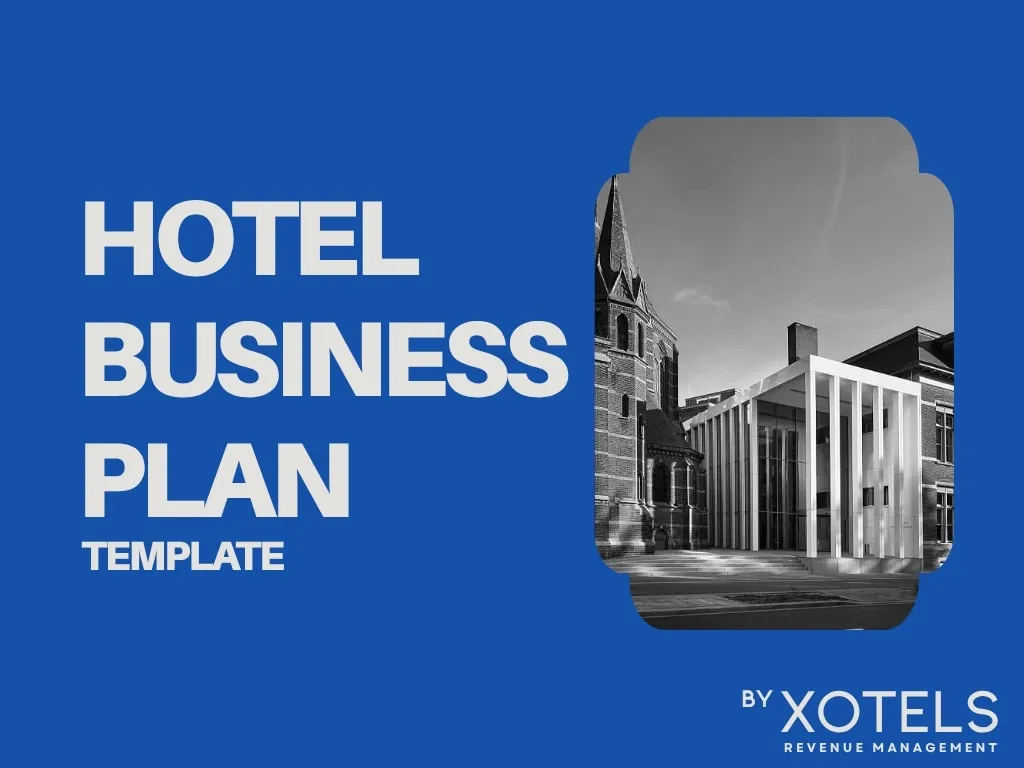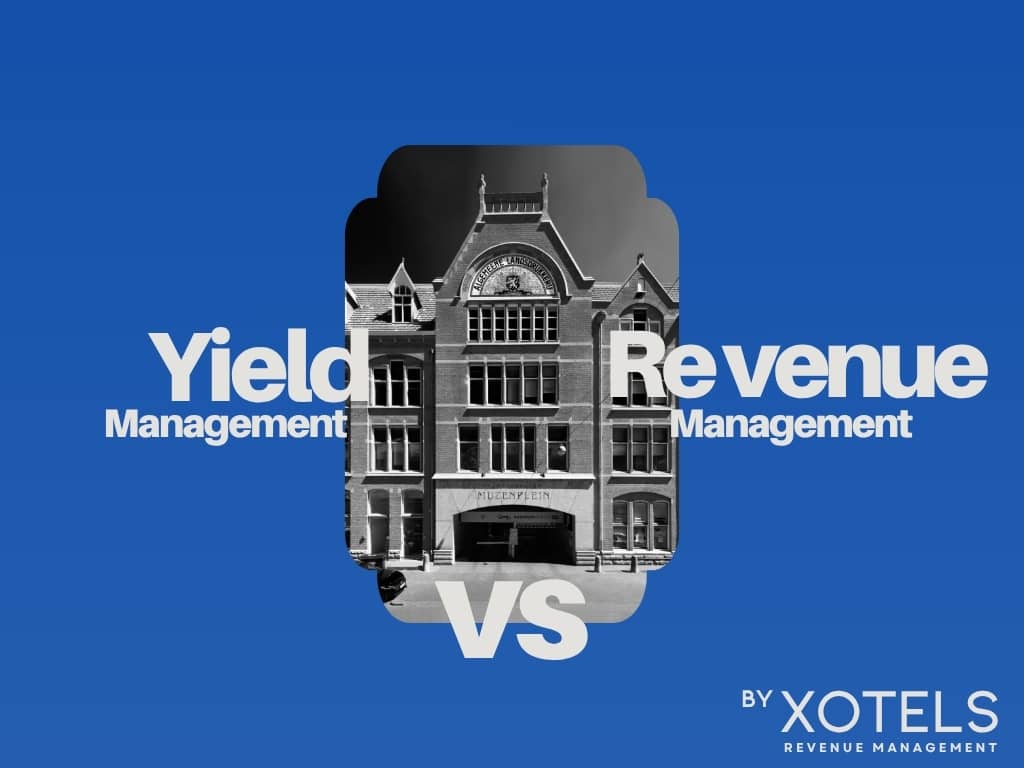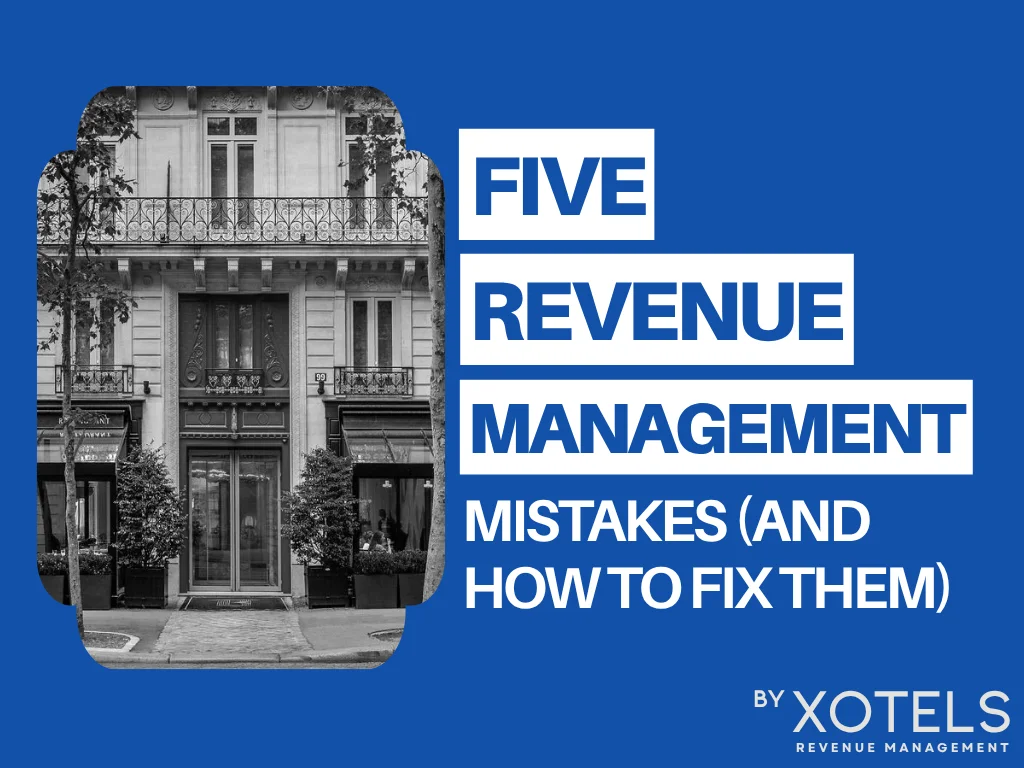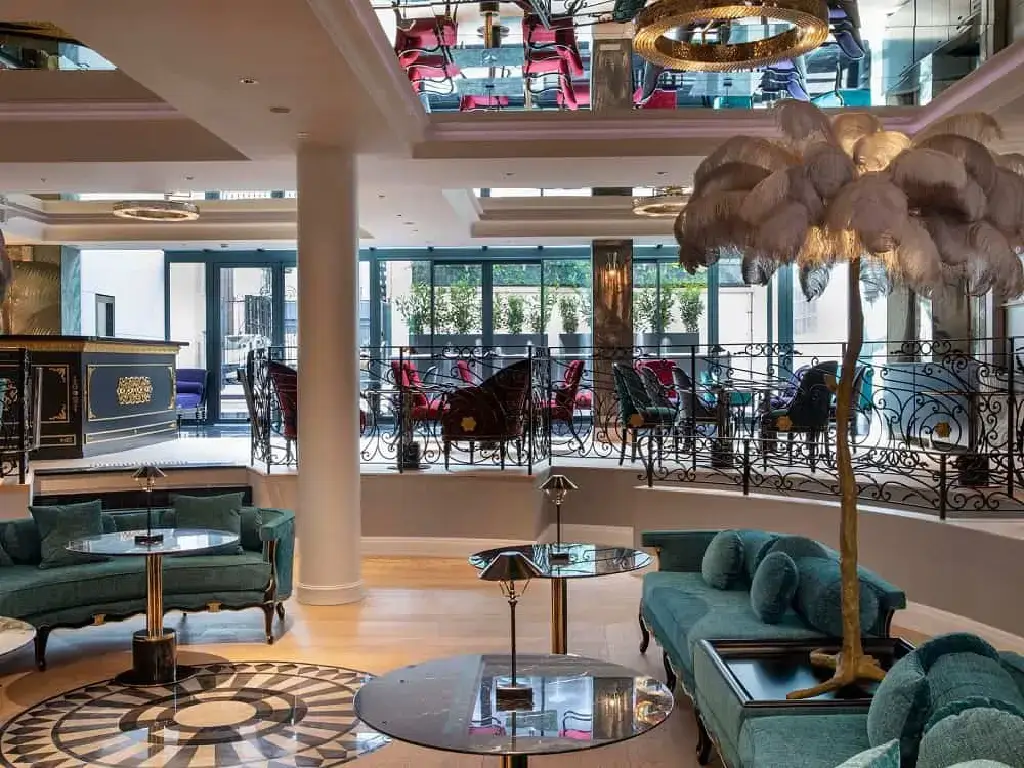Secrets of Revenue Management: Protect your hotel brand from Brandjacking
Con Air: what is brandjacking?
The neologism brandjacking was coined over a decade ago, by astutely combining the words branding and hijacking. In our industry, when we talk about brandjacking, we usually refer to all those activities whose lowest common denominator is the exploitation of another company brand’s equity, such as the creation of fake social network profiles or mirror-websites. The most frequent use of brandjacking is, however, is the one that goes under the name of Affiliate Brand Bidding. This mischievous tactic consists in investing in search engines advertising campaigns and bidding on terms that are related targeted company. Ever googled your hotel’s name and found Booking.com, Expedia, trivago and TripAdvisor before your official website? Well, that’s ABB.
So how do we deal with this in our hotel revenue management consulting company?
Take a look at the Google Search for this hotel below. Whos is first? Is this what we want as hotels?
Hotels: children of a Lesser God?
According to a recent study by MarkMonitor, the economic damage of Affiliate Brand Bidding in travel is estimated to be around 2.2 Billion USD because, while in almost any other industry companies are prevented from using this questionable strategy by the legitimate trademark owners, it is (unfortunately) common practice in our business. Online Goliaths such as Booking.com and Expedia, in fact, are not particularly worried about systematically hijacking hotels’ brands by redirecting traffic to their websites. Because of the almost-non-existent bargaining power that hoteliers have towards their distribution channels, in fact, it is no surprise that one of the many clauses of Booking.com contacts gives the famous OTA (and its subsidiaries) complete freedom to bid on the name of your property. Did you know that?
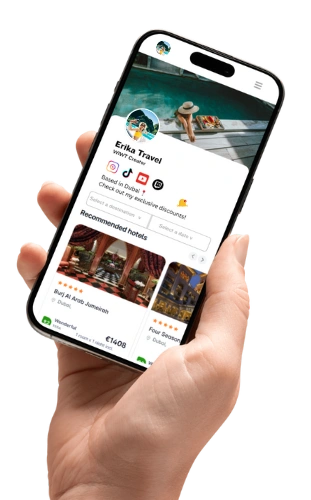

SELL MORE HOTEL ROOMS
SELL MORE HOTEL ROOMS
via the WIWT Affiliate Network.
via the WIWT Affiliate Network.
How can hotels protect themselves
Renegotiating contractual clauses with OTAs and other distributors, therefore, would obviously the best way to go, even though it is, unfortunately, the most impervious. Another, more expensive but less complicated, solution is to bid on your hotel brand, using your official website as the landing page for the traffic generated by these campaigns (technically, this practice is known as brand protection).
A third, less known but extremely effective, method is to file a complaint with Google for trademark infringement. Let’s take a closer look.
You just got Litt up!
The prerequisite for submitting this complaint is to apply for a trade mark with the European Union Intellectual Property Office (EUIPO) based in Alicante, Spain at this link: https://euipo.europa.eu/ohimportal/en/web/guest/apply-now
The type of mark hotels should apply for is the word mark. This step is extremely important, because figurative marks (logos) are not taken into consideration by Google’s trademarks infringement team. The EUIPO website provides a simple step by step application form, where hotels can create and submit their application in less than ten minutes. It is crucial to know, anyhow, that one in five applications is opposed. So if you are concerned about conflicting trademarks, seeking legal advice is highly suggested. The mark is valid for ten years and it has a cost of 850,00 €, that should be paid in advance. A short video tutorial can be found here: https://www.youtube.com/watch?v=bdXjcoi0I58
It’s time to complain!
Only when the trademark is registered one can finally file the complaint with Google at this link: https://services.google.com/inquiry/aw_tmcomplaint?hl=en
The complaint can be filed by the trademark owner or by third parties (consulting agencies, lawyers, advertising companies, etc.). In the latter case, the trademark owner must send written authorization to ads-trademarks@google.com , confirming that the third party is authorized to act on his/her behalf.
Uncover the hidden revenue potential of your hotel
or resort.
What you can achieve
What next? Unfortunately, in recent years the legislative attitude towards Google advertisers has become more and more permissive. Just up until a few years ago, in fact, it was possible to ask for trademark protection at keyword level but, since 2010, it is no longer possible to prevent an OTA (or a review site, or a metasearch engine, etc.) from bidding on trademarked keywords. But not all hope is lost, on the contrary! Hotels can still protect their brands at Ad level: yes, OTAs can appear when a user searches for the hotel brand, but they can not use the hotel brand in the ad text (even though it may still appear in the display URL).
For ad campaigns targeting the EU and EFTA (Iceland, Liechtenstein, Norway, Switzerland) regions, the policy for trademarks in ad text applies, while no protection is possible for ad campaigns targeting Australia, New Zealand, US, Canada, UK, and Ireland. In these countries, in fact, AdWords advertising campaigns can include the hotel trademark in the ad text, hence the inutility to register one’s trademark worldwide.
Not only Google: the other search engines
What about other search engines? Bing has a similar approach and hotels can file a complaint through its online form here: https://advertise.bingads.microsoft.com/en-us/resources/policies/trademark-misuse
Yandex, the main Russian search engine, is unfortunately much more permissive, asserting that Russian laws are “designed to encourage competition and freedom of economic activities”.
Completely different is the approach of Baidu: in order to advertise on the Chinese search engine, in fact, one needs a special authorization issued by the People’s Republic of China.
The Quality Score
So, is it really worth applying for a trademark? Yes, it is. By preventing the use of one’s trademark in the ad, in fact, OTAs quality score in Google Adwords drops, forcing Booking.com et similia to bid more just to keep the same position on the SERPs or, if the quality score gets too low, preventing them to show the ad tout court. Google quality score, in fact, ranges from 1 to 10 and is an estimate of the quality of the ads and of the landing pages triggered by that specific keyword. A high-quality score indicates that Google believes that the ad (and its landing page) is relevant and useful to the end user and vice-versa.
The final word
Applying for a trademark is, especially if combined with a solid SEA strategy, the most effective way to regain control of one’s brand. And, according to Benjamin Sebagh, Technical Director at Creative Hackers, “Your Brand is your more precious asset”. And you don’t want it to end up on the wrong hands. Do you?
I think it is time Hotel Marketing and revenue managers take charge of this issue. Trust me your web production goes up more than 10% if you control this well …. So nothing should be stopping you …
More Free Resources
Popular Posts
Blog Categories
Share This Story, Choose Your Platform!

About the Author:
As CEO and Founder of XOTELS, Patrick Landman has made it his mission to turn hotels and resorts into local market leaders. XOTELS´ diverse expertise and deep-knowledge across revenue management consulting, hotel management, and hotel consulting, enables us to drive results for independent boutique hotels, luxury resorts, and innovative lodging concepts. Below you will find opinion articles written by Patrick Landman.

